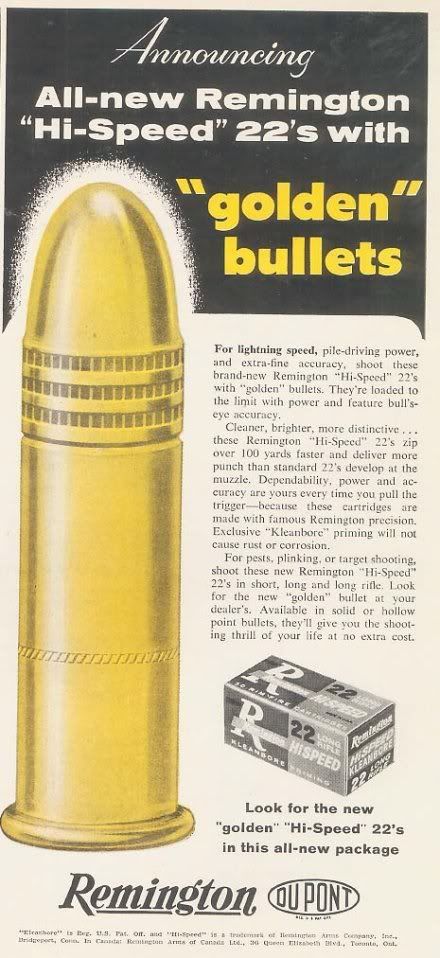ScienceDaily (2010-03-16)
-"Magic Bullets" are highly targeted medical treatments which are the ultimate goal for drug development.
-Cancer has evaded these so-called bullets because of drastic changes in tumors between (1) different stages of cancer development, (2) different organs/tissues of the body, and (3) different patients.
-A new treatment developed at Washington University in St. Louis may be able to target cancer cells and selectively kill them with minimal damage to healthy cells.
-The technique is called
'Photothermal Therapy' and involves injecting gold
nanocages into a patient's bloodstream (gold is inert and therefore nontoxic at low levels).
-Some of these 'golden bullet' nanocages accumulate at the tumor site (~6%) through leaky blood vessels (a commonality between tumor).
-A laser is then shone on the tumor site and the nanocages present convert light into heat which leads to the death of the tumor cells and has little/no effect on the surrounding healthy cells.
-This treatment was shown to work in a mouse model, but with the way things are currently for translating developments from the lab-to-clinic, this technology should be available in 100 years or so.
-This treatment isn't perfect yet, more research has begun on actively targeting cancer cells so fewer particles need to be injected, but is a huge tool in treating cancer which could be effective right now!


